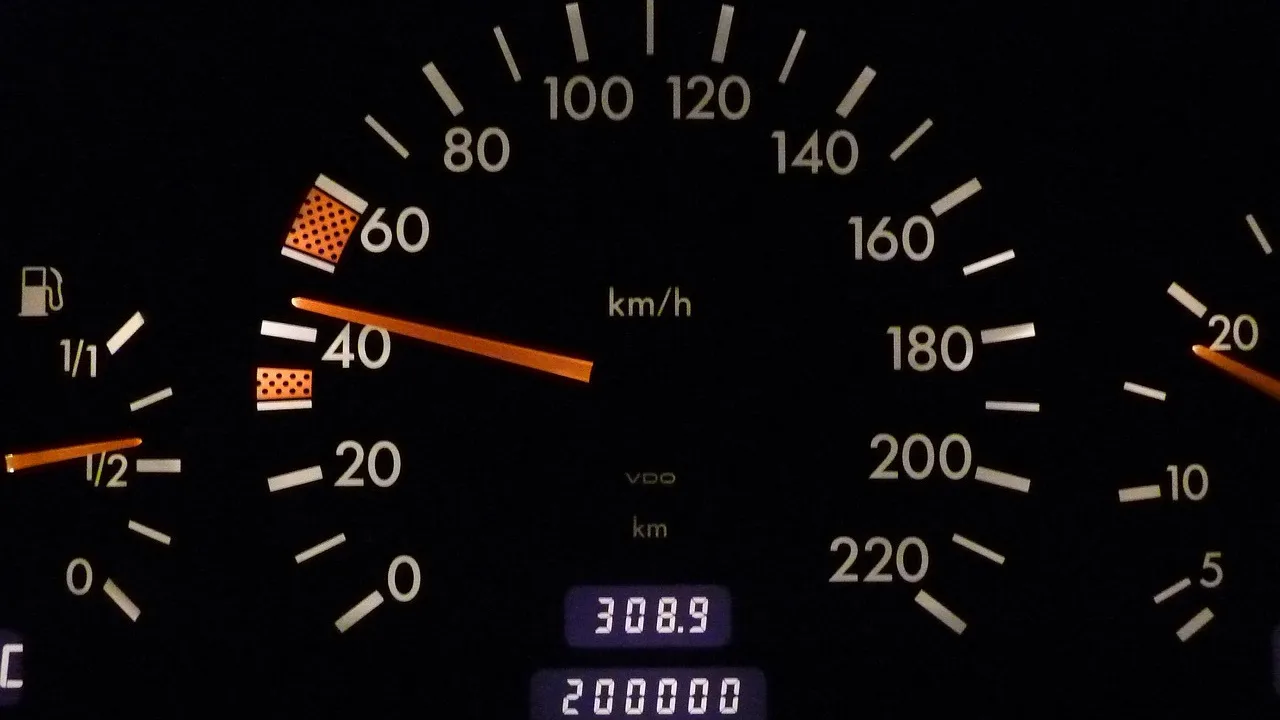Fuel efficiency and mileage are related concepts but not the same. Fuel efficiency refers to the effectiveness of using fuel to generate power or perform work. While mileage measures the distance a vehicle can travel on a certain amount of fuel. Understanding the distinctions between these terms involves delving into the factors that influence fuel efficiency and how they contribute to overall mileage.
Fuel Efficiency:
Fuel efficiency is a comprehensive measure of how effectively a vehicle utilizes fuel to generate energy. It involves various components and factors contributing to the performance of the car. Let’s explore aspects that shape the concept of fuel efficiency:
Engine Efficiency:
The heart of a vehicle’s fuel efficiency lies in its engine. Engine technologies have evolved significantly over a long time, incorporating innovations like direct injection, variable valve timing, and turbocharging. These advancements enhance combustion efficiency, ensuring that the best proportion of fuel is to practical energy.
Transmission Systems:
The type of transmission in a vehicle plays a vital role in fuel efficiency. Automatic transmissions, continuously variable transmissions (CVTs), and manual transmissions each impact how efficiently a car converts fuel into motion. The design and efficiency of the transmission system contribute to the overall fuel economy.
Aerodynamics and Weight:
Beyond the engine and transmission, external factors like aerodynamics and weight also influence fuel efficiency. Vehicles with streamlined designs experience less air resistance, improving overall efficiency. Additionally, the lightweight materials contribute to fuel savings by reducing the vehicle’s overall weight.
Driving Conditions:
Fuel efficiency is not static and can vary based on driving conditions. Stop-and-go traffic, highway cruising, and city driving pose several challenges to a vehicle’s efficiency. Advanced engine management systems and adaptive technologies aim to optimize fuel consumption under various driving scenarios.
Mileage (Fuel Economy):
Mileage, often referred to as fuel economy, is a specific metric that quantifies how far a vehicle can travel on a certain amount of fuel. It is a tangible and easily understandable measure for consumers and policymakers alike. Here are aspects related to mileage:
Measurement Metrics:
Mileage is in terms of miles per gallon (MPG) in the United States or liters per 100 kilometers (L/100km) in many other parts of the world. These standardized metrics provide a basis for consumers to compare the fuel efficiency of different vehicles.
Standardized Testing:
Governments and regulatory bodies establish standardized tests to measure and compare the fuel economy of vehicles. These tests simulate various driving conditions, such as city driving, highway driving, and a combination of both, providing consumers with a standardized benchmark for evaluating fuel efficiency.
Consumer Decision-Making:
Mileage is a pivotal factor for consumers when making purchasing decisions. High fuel economy not only reduces the climate impact of a vehicle but also translates to cost savings for the owner. As fuel prices fluctuate, consumers often prioritize vehicles with better mileage to mitigate the impact on their wallets.
- Audi GT50 Concept: A Loud Reminder of Why Car Enthusiasts Fell in Love With Audi
- Nearly 30% of UK Drivers Believe Car Tax Should Be Based on Mileage — Survey
- Why Planes and Boats Escaped the Luxury Tax But Cars Didn’t
- Australia’s Headlight Confusion: Authorities Warn Drivers After Viral $250 Headlight Rule Goes Wild Online
- 2025 Hyundai Venue Facelift Launched in India – Full Details, Variants, and Price
Fuel Economy Labels:
Many countries mandate the inclusion of fuel economy labels on new vehicles, providing consumers with clear information about a vehicle’s efficiency. These labels typically include estimated annual fuel costs, allowing consumers to make informed choices based on projected long-term expenses.
Relationship between Fuel Efficiency and Mileage:
The relationship between fuel efficiency and mileage is direct, yet they remain distinct concepts. A more fuel-efficient vehicle will generally exhibit higher mileage because it can travel farther on the same amount of fuel. Several factors contribute to this interplay:
Efficiency Technologies:
Vehicles designed with a focus on fuel efficiency often incorporate advanced technologies that directly contribute to higher mileage. For example, a fuel-efficient engine merged with a well-designed transmission system. And aerodynamics will result in extended mileage.
Hybrid and Electric Vehicles:
Hybrid and electric vehicles epitomize the convergence of fuel efficiency and mileage. These vehicles leverage alternative power sources, such as electric motors, in conjunction with traditional engines. This dual-power approach does not enhance fuel efficiency but significantly extends the vehicle’s range, leading to higher mileage.
Driving Habits and Conditions:
The relationship between fuel efficiency and mileage can be driving habits and conditions. While standardized tests provide a baseline for comparison, real-world scenarios, such as heavy traffic or mountainous terrain, can impact the actual mileage experienced by drivers.
Conclusion:
In conclusion, while fuel efficiency and mileage are interconnected, they represent different dimensions of a vehicle’s performance. Fuel efficiency encompasses broad factors, including engine and transmission efficiency, aerodynamics, and driving conditions. Mileage is a specific metric that quantifies how far a vehicle can travel on a certain amount of fuel, providing consumers with a tangible measure for making informed decisions.
As the pursuit of greater energy efficiency remains a focal point for the automotive sector, the synergy between fuel efficiency and mileage will continue to drive innovation, offering consumers more environmentally friendly and cost-effective transportation options.
